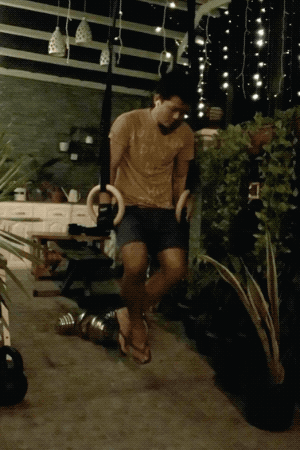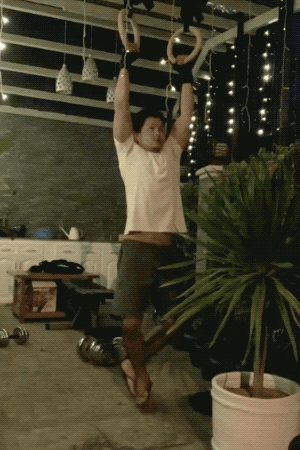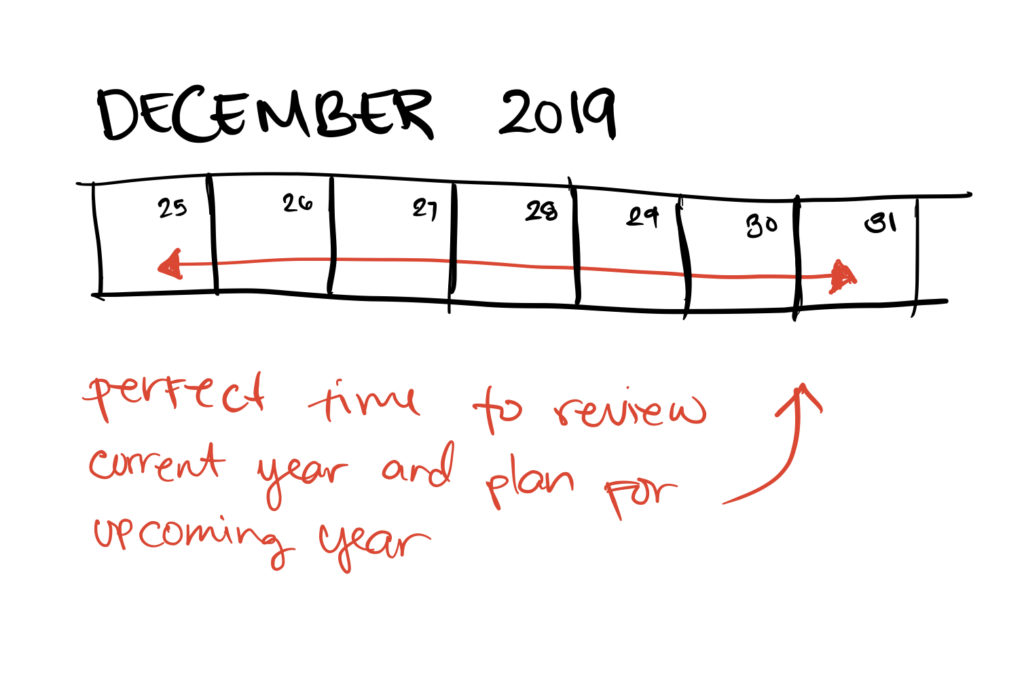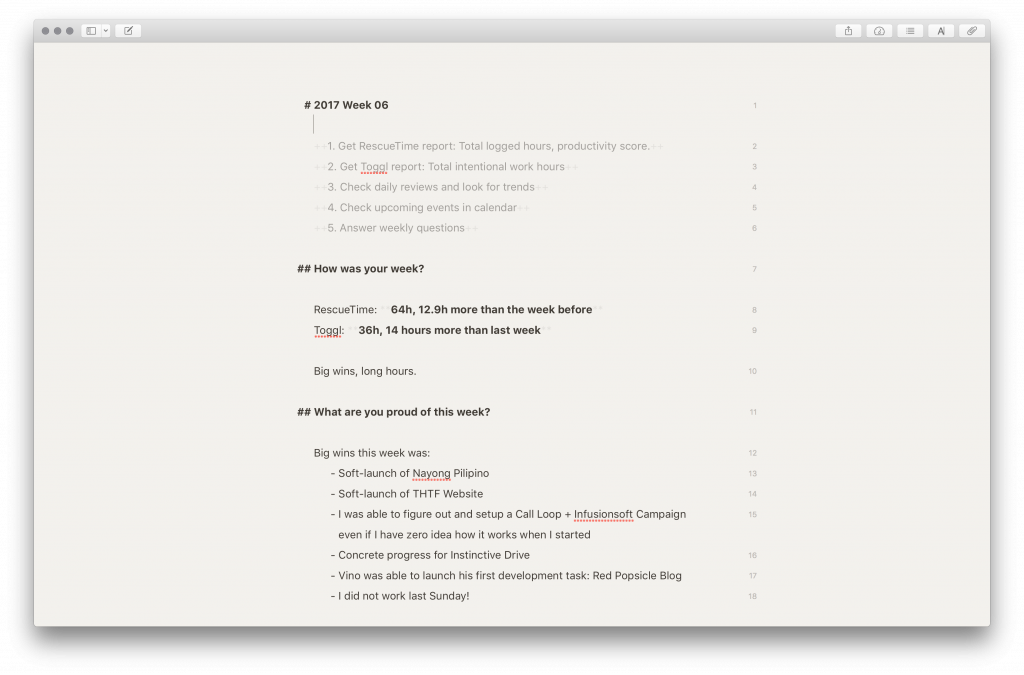No matter how much I plan, I still go through a phase where I just have zero motivation to do anything at all. I find myself wasting my day away. I know what I’m supposed to do, but I can’t find any energy to do it.
I used to wait it out until I get tired of being unproductive. However, that isn’t always possible. Especially being adult and having people depend on me. I have to find a way to get around whenever I’m in that state.
I have developed a checklist I follow that helps me back on track.
Getting back on track checklist
- Sort out finances
- This is one of the easiest tasks because it involves a clear goal: checking bank accounts, credit cards, and cash. Having a clear understanding of my financial standing significantly reduces my anxiety
- Brain dump – Write down everything that’s on your mind. You don’t have to act on it, but acknowledging its presence through writing helps you make sense of the thoughts in your mind.
- Things I need to do, want to do, don’t want to do
- Things I’m trying to avoid thinking about
- Exercise – Walk, run, push up, pull up
- I don’t need to complete a full exercise routine; the primary goal is to elevate my heart rate. In some instances, the body influences the mind. When my heart beats fast from exercise, my mind shifts from low-energy to an excited state, as if my body dictates my emotional state.
- Eat the right food
- Eating the right food is crucial because an unbalanced diet affects both mood and cognitive function. The mind and body are closely connected, so if I lack essential nutrients or consume too much junk food, it can lead to feeling off
- Disconnect
- We have become such experts at being always in touch, informed, connected. Now we must relearn how to be silent, disconnected, alone. – Alain de Botton
- Food for the body is like information for the mind. If I constantly consume anxiety-inducing news, my body can’t helped but feel anxious.
- Pay attention to what I pay attention to.
- Optimize on output
It may not work out immediately, but with consistent effort day by day, there will come a point where I’ll surprise myself that I’m already doing fairly well.





